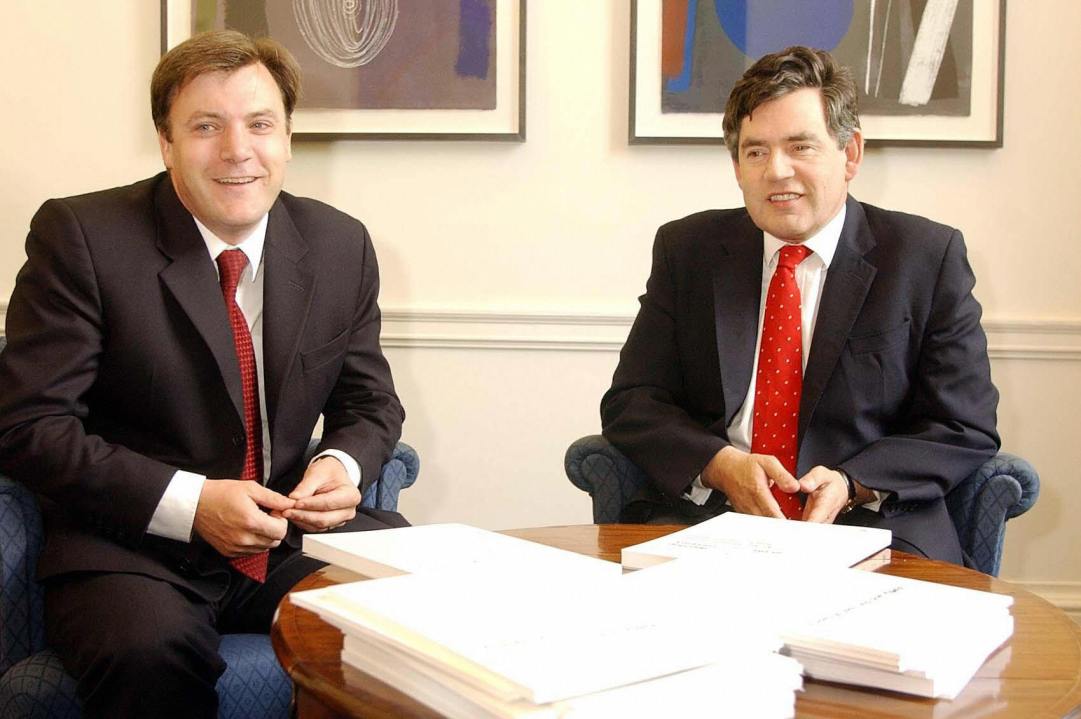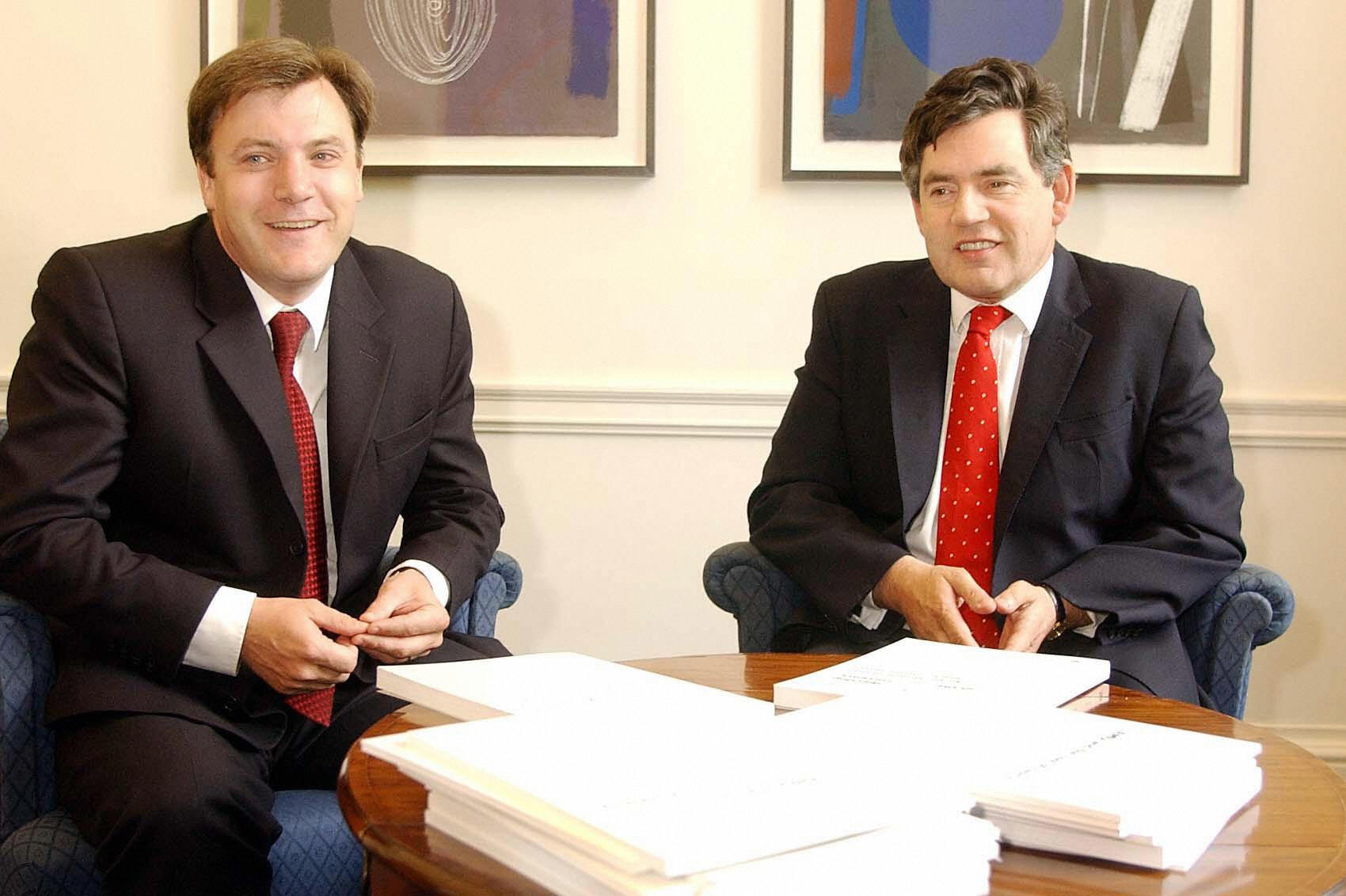 Less soap opera, and more policy grit, in today’s batch of Ed Balls files. There is, for
instance, a lot on Gordon Brown’s proposed Bill of Rights (here, here, here and here), which is as ambrosia for future political historians, but is fairly turgid
reading even for today’s political anoraks. Likewise the charts and doodlings related to the structure of Brown’s Downing Street. Yet some things do stand
out. Here are a few of them:
Less soap opera, and more policy grit, in today’s batch of Ed Balls files. There is, for
instance, a lot on Gordon Brown’s proposed Bill of Rights (here, here, here and here), which is as ambrosia for future political historians, but is fairly turgid
reading even for today’s political anoraks. Likewise the charts and doodlings related to the structure of Brown’s Downing Street. Yet some things do stand
out. Here are a few of them:
i) What the Treasury says, Brown didn’t do. You’ve got to admire the Treasury’s attempt to inject some realism into the fiscal calculus back in 2006. “Flat real” spending — i.e. public spending that rises only in line with inflation, and not more — will be the “rule rather the exception” in the years to come, they say. And one can only assume it’s because they looked at the widening divide between spending and tax receipts, and realised that such a precarious position couldn’t be sustained. They even encouraged the government towards finding more savings and wasting less cash.
But, strangely, they clearly hadn’t factored Brown into their equations. Flat real spending wasn’t the rule in the remaining years of his premiership, it wasn’t even the exception — it just didn’t happen at all. As Coffee House has shown before, real terms spending rose quite considerably, year-on-year, under Brown. It didn’t peak at 42.4 per cent of GDP in 2007/08, as the Treasury expected in that 2006 document. It peaked at 47.6 per cent in 2009-10. And so, by the time Brown left office, we had the highest deficit in our recorded history.
Brown & Co. would just point out that the recession intervened: that the extra spending was a “stimulus,” and the deficit a result of collapsing tax receipts. If Balls is to respond
to these latest documents today, then he will no doubt claim that Treasury advice was followed until the point that the Keynesians had to save the world. But you do wonder whether that “flat
real” spending would have stood, in any case.
ii) The 10p tax scandal. No surprise that Balls and Brown received analysis from the Treasury on the effect of abolishing the 10p tax rate — this is
what civil servants do. And no surprise that the same analysis showed more pain for the least well-off than anyone else — this is what tax hikes for the low-paid do. But it does crystallise
what, for me, was the defining moment of Brown’s premiership, even if it
happened in the months before he took power. Here was a massive tax rise for low-income earners being used to fund a tax cut (of 2p from the basic rate) for everyone above them — and all
because Chancellor Brown wanted to appeal to the middle classes that had been so entranced by Prime Minister Blair. Disgraceful at the time, still disgraceful after today’s documentary
evidence.
iii) Coronation Street. Most wryly amusing snippet from today’s files? How about this, from an email sent by Brown’s advisor Spencer Livermore to the leadership campaign team?
“Do we want a ‘contest’ or a ‘coronation’? (presumption: no contest)”







Comments